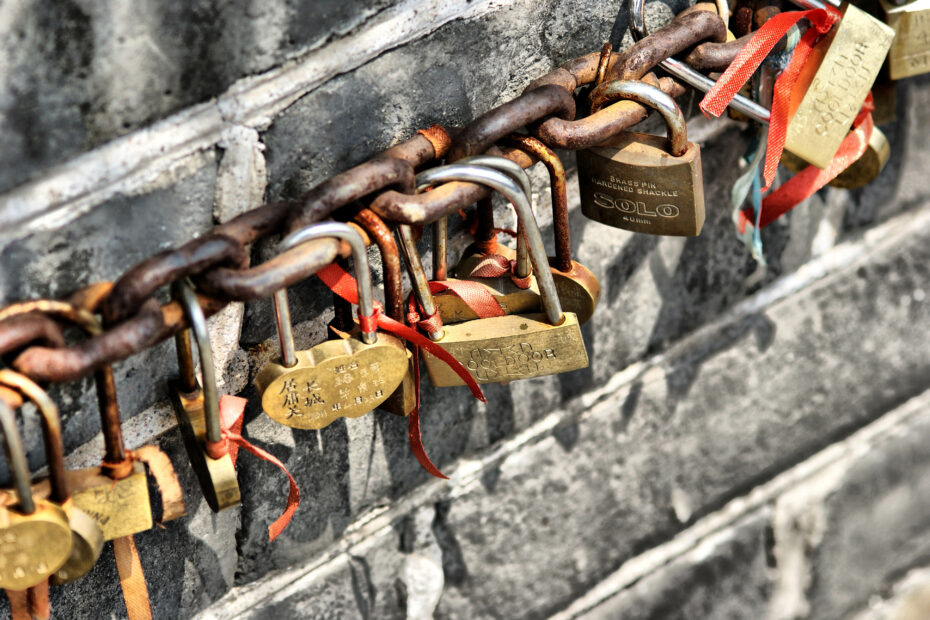The fight over the Directive on Copyright in the Digital Single Market has shown that European copyright rules affect the operation of Wikipedia and other free knowledge projects. Global rules are equally important. Negotiations take place in Geneva, at the World Intellectual Property Organization (WIPO). Wikimedia Deutschland and the Free Knowledge Advocacy Group are committed to increasing transparency around WIPO negotiations on international copyright law, and shaping WIPO-level policy outcomes, especially facing the pressure by rightsholders’ to expand the scope of copyright protections. This is the third installment of a series on Wikimedia’s involvement at WIPO (see part I and part II).
China blocked the Wikimedia Foundation’s bid for observer status at WIPO. This is the second time this has happened after the Foundation’s initial application in 2020. Wikimedia’s exclusion sets a worrying precedent and should alert European lawmakers who are concerned about the democratic governance of intergovernmental organizations.
Unsurprising yet still disappointing
China’s move during last week’s general assembly session didn’t exactly come as a surprise. It was again the only country to explicitly object to the accreditation of the Wikimedia Foundation as an official observer. Since WIPO is generally run by consensus, any one country may veto accreditation requests by NGOs. The Foundation will reapply for official observer status in 2022, but it will only be admitted by WIPO if China decides to change its mind.
Like last year, China’s statement suggested that “affiliated websites of Wikimedia contain a large amount of content and disinformation that run counter to the ‘One-China-Principle.’” It’s unclear whether this claim was made in reference to the independent, volunteer-led Wikimedia Taiwan chapter or the Wikimedia projects, such as Wikipedia. The government has blocked access to all language versions of Wikipedia in China for a number of years.
No consensus in sight
The United States and the group of industrialized countries at WIPO (Group B) — which also includes a number of Western European Union member states, Australia, Canada, the Holy See, Israel, Japan, New Zealand, Norway, Switzerland, Turkey, and the United Kingdom — expressed their support for the Foundation’s application. Yet Iran, Pakistan, and Russia in their respective statements insisted on the observance of the consensus principle.
A wide range of international and non-profit organizations as well as business associations are accredited as observers by WIPO. These outside groups offer technical expertise, on-the-ground experience, and diversity of opinions to help WIPO carry out its global mandate. It’s not at all unusual for observers to have members, partners, or affiliates in Taiwan. So far, the only organization that unsuccessfully applied for observer status has been Pirate Parties International due to being a political party.
Civil society united
In a statement released on Tuesday, Amanda Keton, General Counsel of the Foundation noted that “the Wikimedia Foundation’s absence from these meetings deprives our communities of an opportunity to participate in this process.” Keton added: “We renew our call to WIPO members, including China, to approve our application. The international community must ensure meaningful civil society participation in UN fora.”
“We renew our call to WIPO members, including China, to approve our application. The international community must ensure meaningful civil society participation in UN fora.”
Amanda Keton, General Counsel of the Wikimedia Foundation
The French, German, Italian, Spanish, Swedish, and Swiss Wikimedia chapters joined in on this call. In addition, Creative Commons released a statement of support and Communia sent a letter to WIPO delegates co-signed by 55 civil society organizations, asking for the Foundation’s admission as an observer organization.
The EU needs to do more to uphold democratic principles
China is already using its influence to choke NGO participation at the UN Economic and Social Council (ECOSOC). WIPO is at risk of falling prey to the same mechanism of capture and becoming an arena for battles unrelated with intellectual property. The EU has a responsibility to uphold democratic principles in global governance and particularly in the UN system. While the statements by the United States and Group B are certainly welcome, it’s clear that we need more support.









